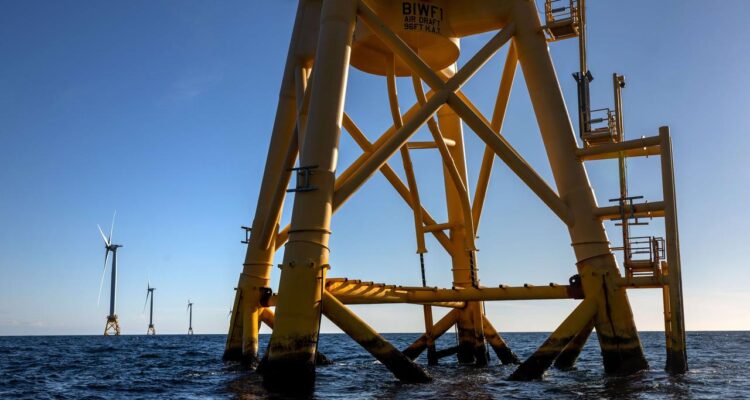Around the world, sustainable ocean economic activity, or the blue economy, is swelling. This growth is driven by dwindling land resources, technological advancements and the urgent need to respond to climate change.
The blue economy extends beyond traditional sectors such as fishing, shipbuilding and port infrastructure. It encompasses emerging industries such as renewable energy production (offshore wind and wave power), maritime biotechnology, subsea mining, autonomous shipping, underwater drones, marine-derived pharmaceuticals and offshore aquaculture. This is particularly promising in providing solutions to increasing food security concerns in Asia, the Middle East and beyond.
Though far apart geographically, Israel and Australia are poised to have an outsized role in advancing the blue economy. Both countries’ strategic locations, technological prowess and shared interests make them ideal partners. The upcoming COP28 conference, to be held in Dubai in November, offers an important platform for initiating progress on this innovative agenda.
With 204km of coastline along the Mediterranean and Red seas, Israel’s territorial waters dwarf the country’s land area. Last year, the Israeli government earmarked blue technology as a priority for research and development. The national centre for the blue economy in the port city of Haifa is at the forefront of ocean-technological innovation and entrepreneurship. Israel’s blue-tech start-ups are diverse, ranging from AI-based underwater vision enhancement to marine-friendly concrete.
Read the article by in The Australian.

